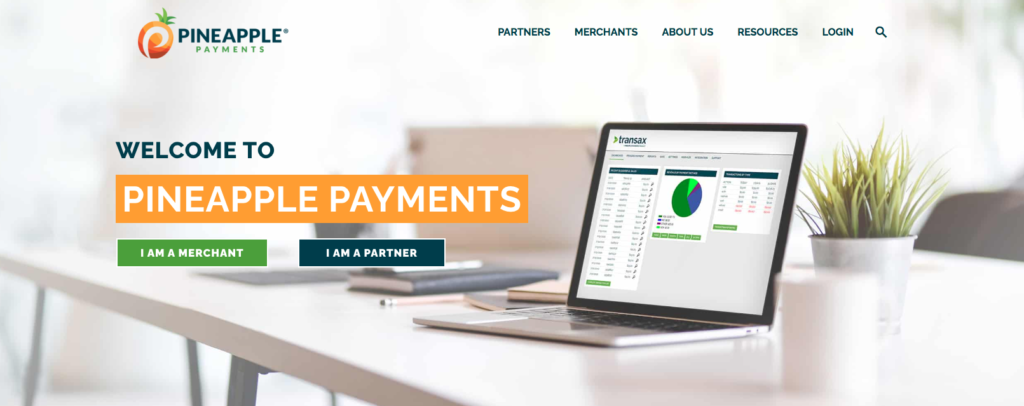
A partnership between digital identity company Signicat and German software solution provider Cryptshare soon will bring to market a new B2B identity verification solution. The new offering marries platform-independent email encryption and secure file transfer technology with trusted sender and recipient identities to ensure secure business communication as well as legal proof of the sender and recipient. With a broad range of use cases in both retail and enterprise markets, the companies anticipate making the new solution available in the third quarter of 2021.
In their partnership announcement, the companies highlighted both the centrality of email as a communication channel for both personal and business use. Despite the rise of alternative forms of communications including text messaging, email is still embraced by 87% of all citizens in the U.K. Businesses can take advantage of the popularity of email, Signicat and Cryptshare assert, if they are willing to take the necessary steps to ensure both security and traceability. Today’s announcement integrates the two companies’ technologies so that Cryptshare’s services can be accessed using eIDAS-compliant secure authentication.
Founded in 2007 and headquartered in Trondheim, Norway, Signicat made its Finovate debut at FinovateEurope in 2017. At the event, the company demonstrated its rapid onboarding and digital signing solutions Signicat Assure and Signicat Sign. Acquired by Nordic Capital in the spring of 2019, the company has since appointed a new CEO in Asger Hattel, acquired Dutch identity verification specialist Connectis, collaborated with fellow Finovate alums like Mambu, and was named one of the fastest growing companies in Europe by The Financial Times.
“We live in a society where now more than ever we must ensure trust between businesses and consumers online,” Hattel said when the announcement in the FT was made. “In Signicat, we are building a progressive digital trust company that both embraces innovation and business needs in this area. We have a decade’s worth of experiencing building the tools, so we are ideally placed to address this growing market opportunity.”
Signicat partner Cryptshare is headquartered in Freiburg im Breisgau in Southern Germany. Founded in 2000, the company has four million users of its technology in 30 countries around the world, including 2,000 corporate customers. Dominik Lehr is CEO.
























